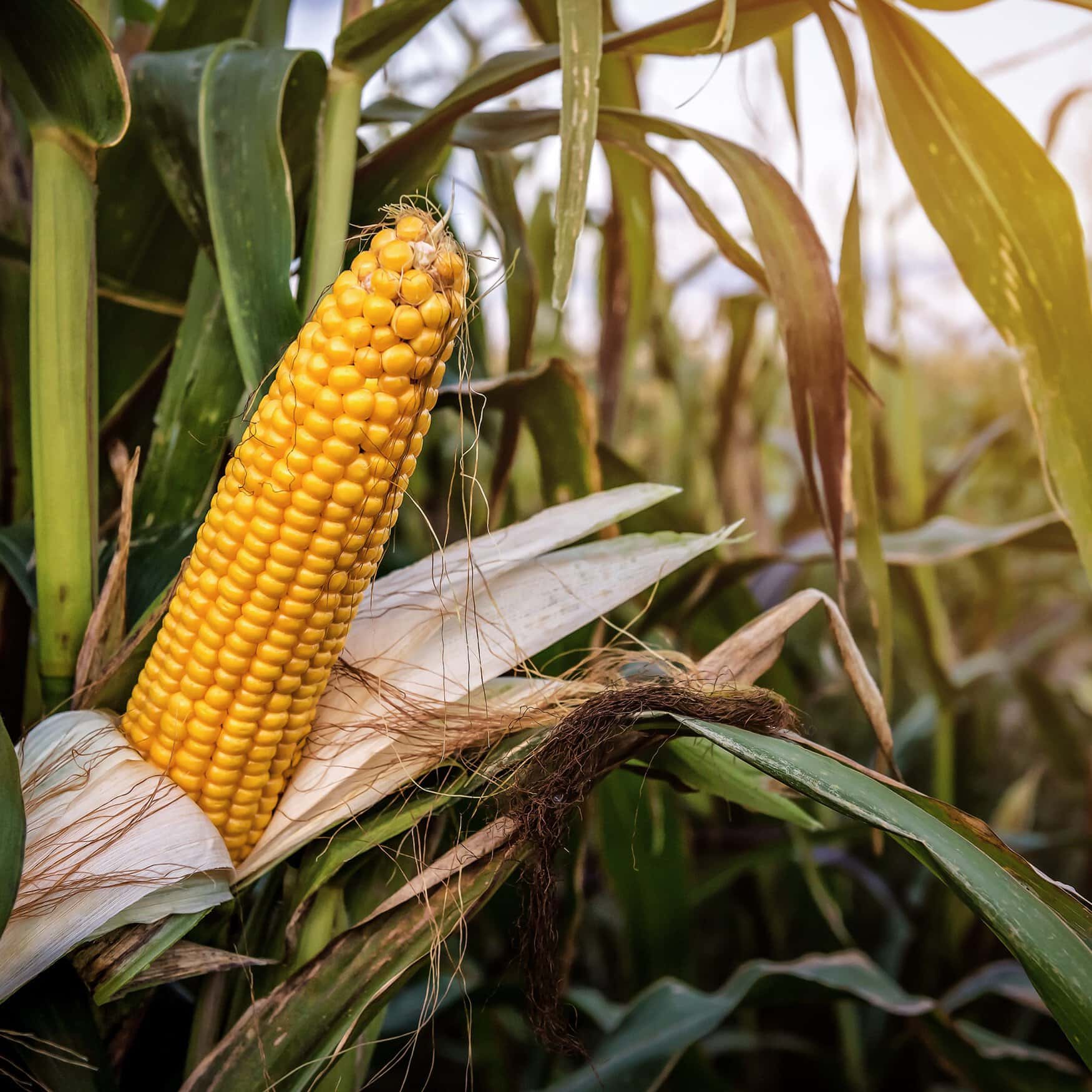Colorado State University unveils impact of the earthworms on crop production

Colorado State University researchers have cast a spotlight on earthworms, revealing their substantial contribution to global food production in a study published in Nature Communications. The research team, including Steven J. Fonte, Marian Hsieh, and Nathaniel D. Mueller, has provided a quantifiable measure of earthworms’ influence on agricultural yields, demonstrating that these creatures are responsible for an estimated 6.5% of the global grain production and 2.3% of legume yields annually. This translates to a staggering 140 million metric tons of food, an output on par with some of the top national producers.
Amidst rising concerns about the environmental costs of modern agricultural practices, this study from Colorado State University brings into focus the significance of agroecological strategies that prioritize soil health. Earthworms, as pivotal ecosystem engineers, have been shown to significantly aid plant growth through the improvement of soil structure, the cycling of organic matter, and the enhancement of nutrient availability.
By amalgamating earthworm-yield response data from the literature with global information on earthworm distribution, soil properties, and crop yields, the study pinpoints the especially high impact of earthworms in the global South. For instance, in Sub-Saharan Africa, earthworms are estimated to contribute to 10% of the grain production, with similar trends observed in Latin America and the Caribbean.

The study also identifies the substantial role of earthworms in regions like Eastern/South-Eastern Asia and Europe, correlating high earthworm abundance and specific soil conditions with increased yields. Nevertheless, regional variances in earthworm-driven productivity reflect diverse agricultural practices and soil environments.
Acknowledging the inherent uncertainties in gauging the full impact of earthworm populations due to sampling biases and the complexity of soil ecosystems, the researchers from Colorado State University call for enhanced agroecological management that supports not just earthworms but the entire soil biome. Such holistic practices promise to bolster the ecosystem services essential to sustainable and resilient agricultural futures.

This research represents a significant step in recognizing the value of soil organisms like earthworms in global food production, advocating for informed policy-making and the adoption of agricultural practices that sustain and leverage the beneficial roles of these vital organisms.



